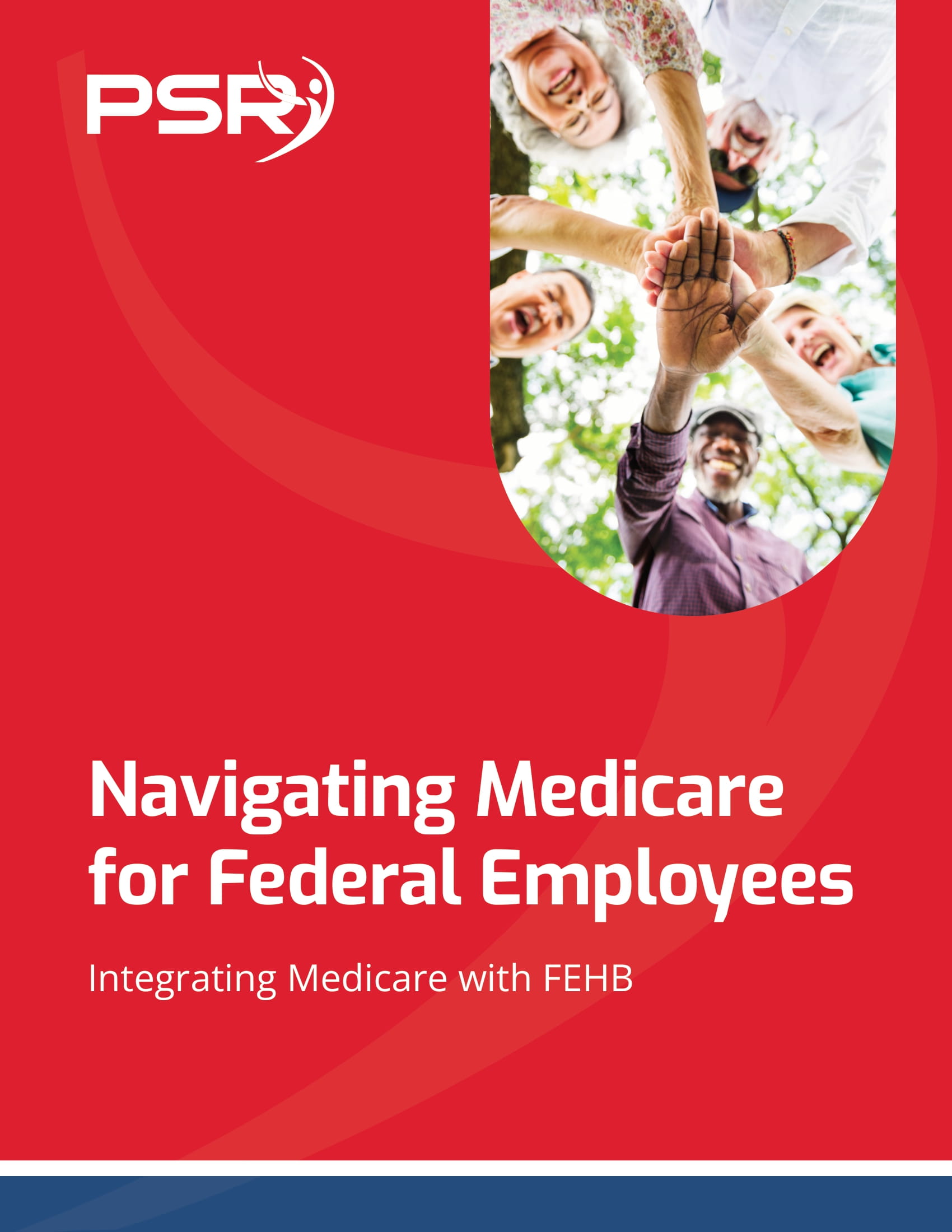Key Takeaways
-
Survivor benefits for government retirement plans do not happen automatically. You must make specific elections during your retirement process or key life events to ensure your loved ones are protected.
-
Elections come with strict deadlines and financial trade-offs, so understanding your options and acting on time is essential to avoid reducing your spouse or survivor’s future income.
Why Survivor Benefits Matter
If you’re retiring from a government position or already drawing a pension, ensuring that your loved ones are financially protected after your death is a critical part of retirement planning. Survivor benefits provide continued monthly payments
- Also Read: Divorce and Your Federal Pension—What Happens When You Split Assets and How It Could Affect Your TSP
- Also Read: What Happens to Your Federal Benefits After Divorce? Here’s the Lowdown
- Also Read: The Best FEHB Plans for 2025: Which One Fits Your Lifestyle and Budget the Best?
These benefits are especially important if:
-
Your spouse or dependent relies on your annuity for essential income
-
You want to leave a legacy of financial security
-
You are covering shared debts, a mortgage, or long-term care needs
But here’s what surprises many retirees: these benefits aren’t automatic. Even after decades of public service, your survivor won’t receive anything unless you take specific action to elect coverage.
When to Elect Survivor Benefits
There are only a few key times when you can elect survivor benefits under the Federal Employees Retirement System (FERS) or Civil Service Retirement System (CSRS):
1. At Retirement
This is the primary window. When you apply for your retirement, you must make your election on your retirement paperwork. If you don’t, and something happens later, your survivor may be left without coverage.
You can generally choose:
-
Full survivor annuity: Typically 50% of your unreduced annuity
-
Partial survivor annuity: Typically 25% of your unreduced annuity
-
No survivor annuity: Your full benefit, but your survivor gets nothing
These elections reduce your own monthly retirement income but provide valuable insurance for your loved one.
2. Within 18 Months After Retirement
If you didn’t elect a survivor benefit at retirement, you have a limited second chance. You can change your election within 18 months from the date of retirement. But this comes with:
-
A one-time actuarial deposit, which can be expensive
-
Interest charges based on the delay
This option may be useful if you marry after retirement or change your mind—but it’s much simpler and cheaper to make the election at retirement.
3. After a Marriage or Divorce
Marriage or divorce doesn’t automatically update your survivor benefits.
If you remarry after retirement, you may elect a survivor annuity for your new spouse—but again, you must do this within two years of marriage.
If you divorce, your former spouse may still be entitled by court order to a survivor benefit. These elections must be documented and processed through your retirement system.
What You’ll Pay to Provide Survivor Benefits
Choosing to protect your loved ones comes at a cost. The monthly amount of your retirement annuity is permanently reduced if you elect survivor benefits.
-
A full survivor annuity under FERS typically reduces your benefit by 10%
-
A partial survivor annuity generally reduces it by 5%
For CSRS retirees, the reduction is roughly similar, although the formulas differ slightly.
You’ll also need to consider:
-
Whether you have other life insurance or savings to provide survivor income
-
Whether your spouse has their own pension or Social Security benefits
-
Whether your annuity includes COLAs (cost-of-living adjustments), which also apply to survivor payments
Remember: your survivor’s monthly benefit is calculated based on your unreduced annuity, even though your benefit is reduced.
Rules for the FERS Survivor Annuity
Under the FERS system in 2025, your survivor annuity election will follow specific rules:
-
The full survivor annuity provides 50% of your unreduced benefit to your survivor
-
The partial survivor annuity provides 25% of your unreduced benefit
-
If you elect either option, your own annuity is reduced accordingly
-
Your spouse must consent in writing if you choose less than the full survivor benefit
If your spouse doesn’t sign this consent form, the Office of Personnel Management (OPM) will default to the full survivor annuity, even if it reduces your income more than you wanted.
You can also choose no survivor benefit, but again, this requires written spousal consent. This rule protects spouses from being cut out of future income unknowingly.
Special Rules for CSRS Survivor Benefits
If you’re under the CSRS system:
-
A full survivor annuity provides 55% of your unreduced annuity
-
The reduction to your annuity is about 10%, though this can vary slightly
-
A reduced survivor annuity is also available with proportionally lower reductions and payouts
CSRS survivors also receive COLAs on their benefits each year, which helps preserve long-term purchasing power.
As with FERS, spousal consent is required if you choose anything less than a full survivor annuity or no benefit at all.
What Happens If You Don’t Elect
Failing to elect a survivor annuity can leave your family unprotected.
Without a survivor election:
-
Your spouse may not receive any income from your pension
-
Health insurance through FEHB may be lost unless a survivor annuity is elected
-
Your family may be forced to rely on other sources like Social Security, savings, or life insurance
Many retirees overlook how essential the survivor annuity is to preserving FEHB eligibility for a spouse. Without it, they may have to find their own health coverage, which can be expensive and limited in options.
Can You Cancel or Change Your Survivor Election?
Your election is usually permanent—but there are a few exceptions:
-
If your spouse dies, you can notify OPM and have your annuity restored to the unreduced amount
-
If you divorce, a court order may require you to maintain a survivor annuity for your former spouse
-
If you remarry, you can elect a new survivor annuity for your new spouse within two years of the marriage
You cannot cancel a survivor election simply because you change your mind. That’s why it’s essential to plan carefully and talk through your options before making your election.
Survivor Benefits and Social Security
If your spouse is also eligible for Social Security survivor benefits, they may be able to combine both sources of income. However, survivor annuities are not reduced due to Social Security benefits, and vice versa.
Coordination between the two is essential when:
-
Planning total household income
-
Timing your Social Security claims
-
Evaluating the need for life insurance or additional savings
Government employees with mixed service or earnings not covered by Social Security should also consider how rules like the Government Pension Offset (GPO) may affect Social Security survivor benefits.
Survivors and Health Benefits
FEHB coverage can continue for your spouse only if:
-
You are enrolled in Self Plus One or Self and Family coverage at the time of your death
-
You elected a survivor annuity for your spouse
Without both of these conditions, your spouse will lose FEHB coverage upon your death. That’s a major reason to consider at least the partial survivor annuity, even if your spouse has other income.
FEHB premiums for survivors are typically deducted from the survivor annuity, so your spouse won’t need to pay them separately.
Preparing Ahead: What You Should Do Now
Here’s how to prepare while you’re still working or before retirement:
-
Review your retirement paperwork to understand election options
-
Talk to your spouse about future income needs
-
Estimate the reduction to your monthly annuity with and without survivor benefits
-
Evaluate other financial tools such as life insurance or TSP accounts
-
Meet with a licensed agent or HR specialist to go over your full retirement picture
Making a decision under pressure—like during a divorce or after a sudden illness—can lead to costly mistakes. Planning ahead gives you peace of mind.
Survivor Benefits Secure Long-Term Stability
Choosing whether or not to elect survivor benefits is one of the most important retirement decisions you’ll make. It directly affects your spouse’s income, their access to health insurance, and the financial foundation you’ve built together.
Survivor benefits are not automatic. The timelines are strict, the consequences are long-lasting, and the paperwork matters.
If you’re unsure about the right option or have unique circumstances, it’s best to speak with a licensed agent listed on this website who can guide you through the process and ensure your election supports your family’s future.











